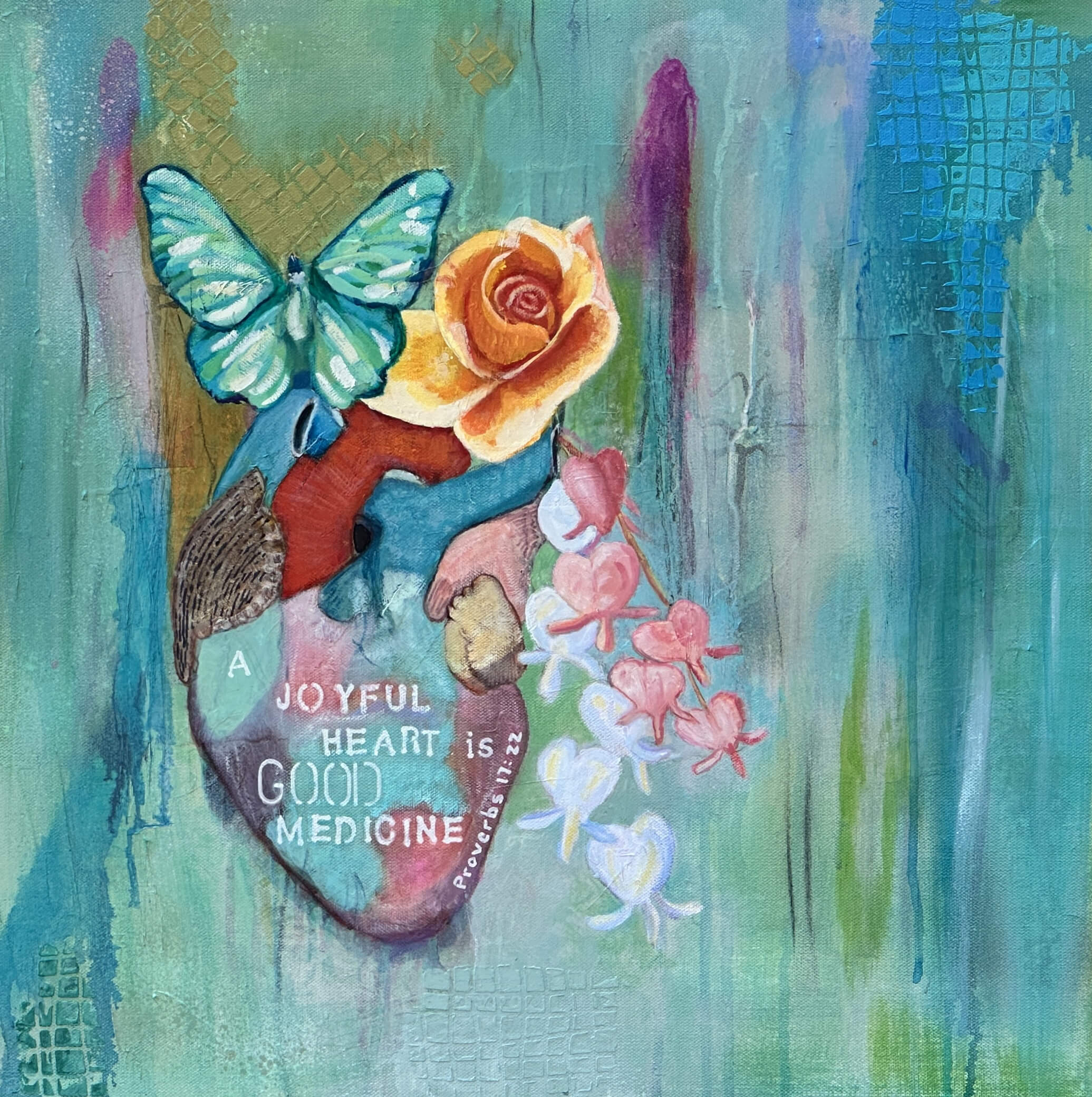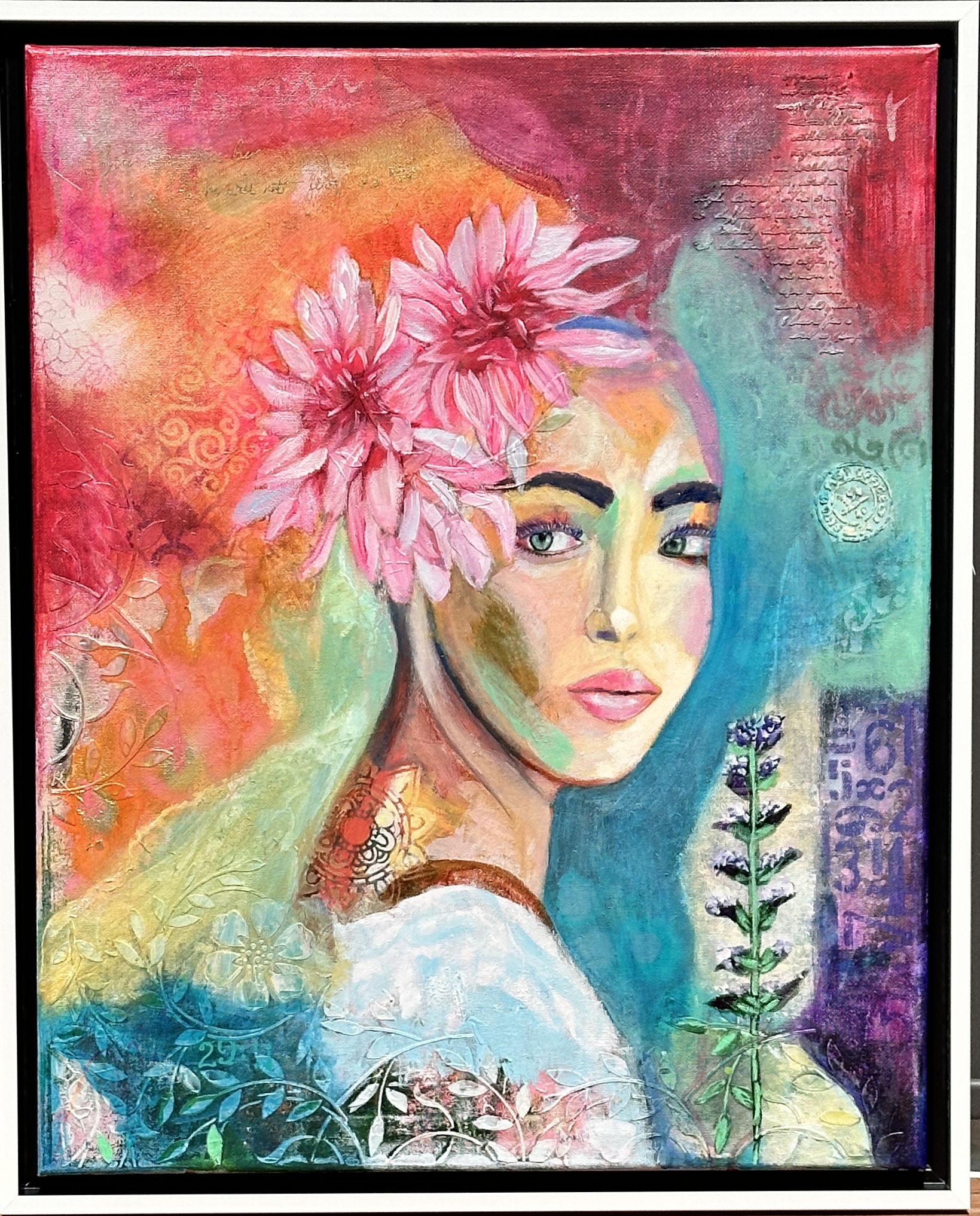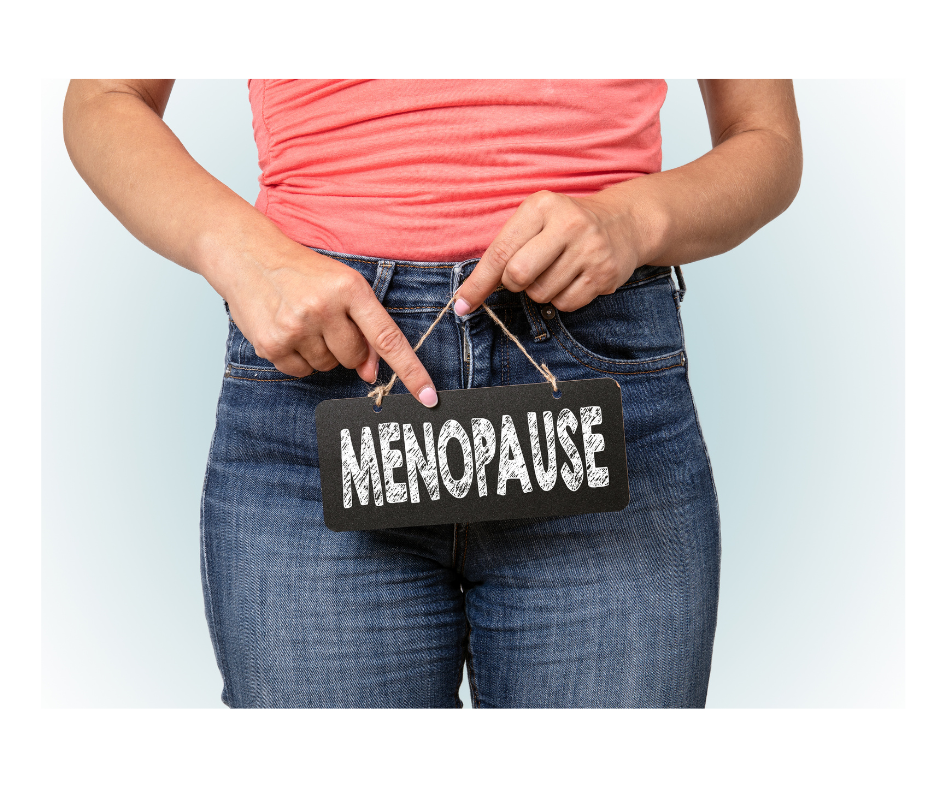
Why do we gain weight in menopause?
Weight gain seems to be an inevitable passage of life! As women, when we go through perimenopause and finally menopause, we have a major shifting of hormones resulting in imbalance of these hormones. In the first year of menopause (which is the time you have gone without a period for 1 year) you can expect to gain 5# which is the average weight gain. This trend may continue at a rate of 1.5 to 5# every year after that up until age 60 when it may potentially level out.
As we age, our metabolism changes, it slows down. But a new study reports this doesn’t actually start until about age 60 and then it is only at a rate of 0.7%/year. So why all the weight gain then? One reason can be lifestyle. Eating unhealthy processed foods and sugar will lead to enormous amounts of weight gain if eaten in excess. Not exercising is a huge culprit. Exercising increases your metabolic rate so you burn more calories even at rest. Plus, it makes your heart and lungs healthier as well.
What would explain the difference in weight gain between men and women over the age of 60? Statistics show that women are twice as likely to be obese than men. It is most likely back to the hormone issue as to why women are more impacted with weight gain in menopause.
Cortisol is released in a surge, every time a woman experiences a hot flash. Since cortisol is a stress hormone, when a hot flash occurs it is considered stress on the body. Stress produces inflammation and cortisol is released to help reduce inflammation. If this is a chronic cycle, it can result in increased blood sugar and increased appetite. So much for losing weight.
Hot flashes also interfere with sleep and inadequate sleep leads to excess levels of ghrelin a hormone that increases appetite. Inadequate sleep results in low levels of leptin which decreases appetite. This combo creates the perfect storm for overeating and craving unhealthy foods. AND when you are tired and exhausted you will reach for the pizza instead of the salad.
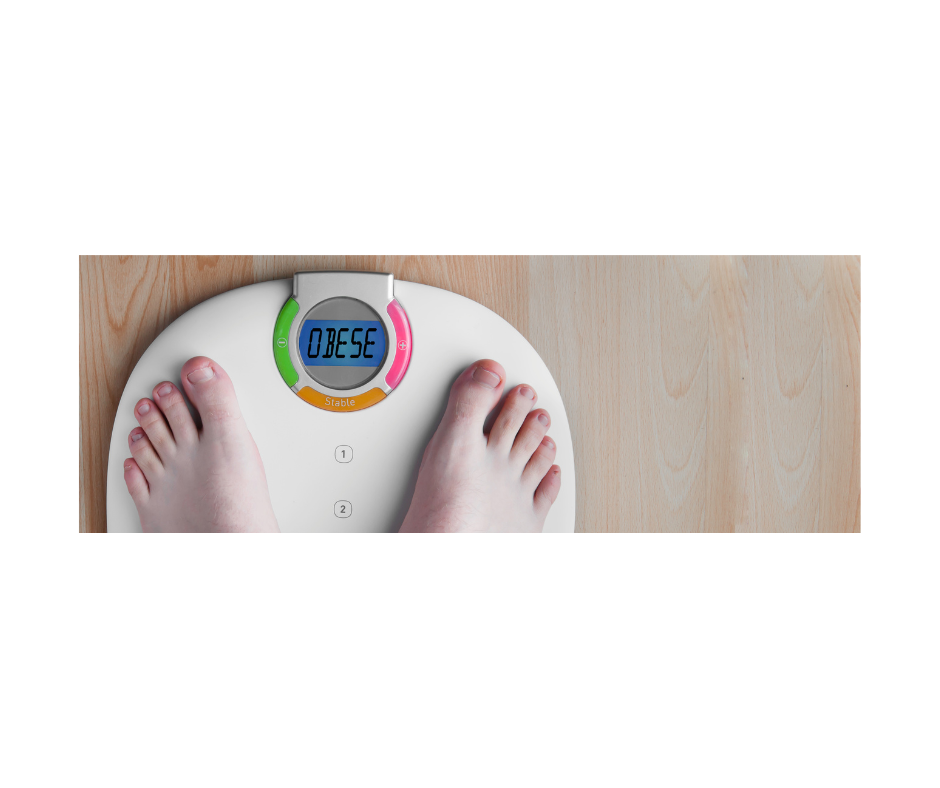
What is the definition of obesity?
It is an imbalance of energy between calories consumed and calories expended. It is the accumulation of fat in tissues. Let’s look at BMI. This is a general guideline because a fit healthy person with a large amount of muscle mass may have the same BMI as someone who is obese. But for the most part, it is a good guideline to follow.
- Normal body weight is a BMI (body mass index) of 18.5-24.9
- Overweight is a BMI of 25-29.9
- Obesity is BMI of >30
- Morbid Obesity is BMI >40
The other tool we use is waist circumference. In men, a waist circumference >40 inches is obese and in a non-pregnant female a waist circumference >35 is considered obese.
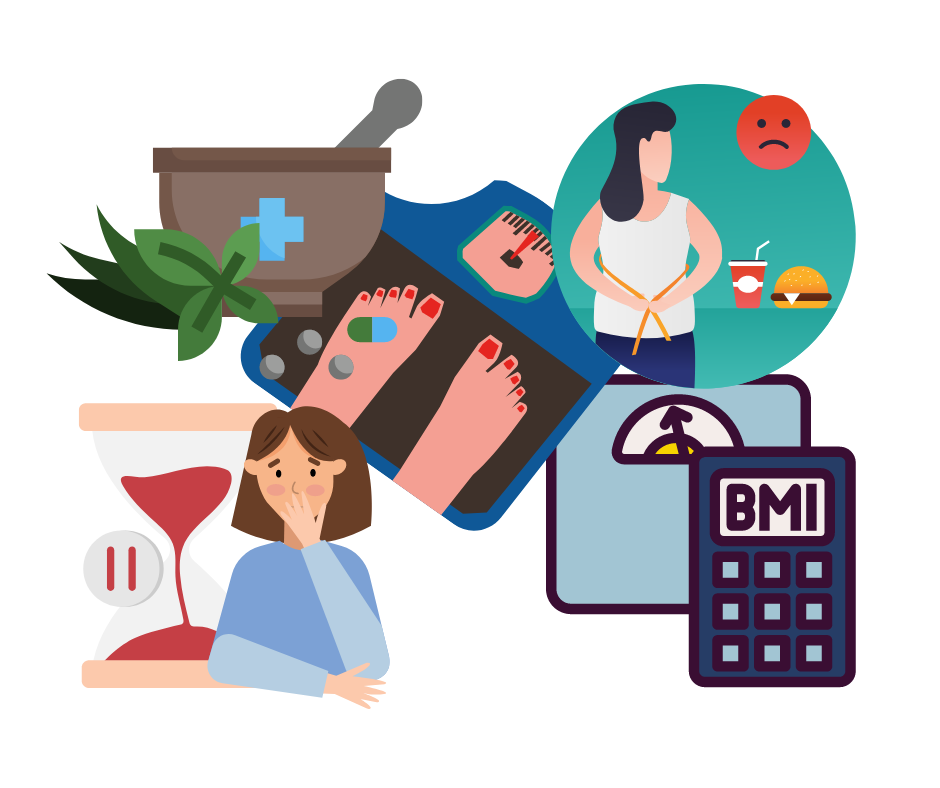
What are some of the most common ways to lose weight that don't involve making lifestyle changes?
There are some medications on the market that are designed to encourage weight loss:
- Phentermine is considered an anoretic. It has nasty side effects like palpitations, delirium, panic, psychosis and heart failure. It shouldn’t be used for more than 3 months and you should see your provider every month for your prescription as it is a controlled substance. It’s very important to check blood pressure while on this med.
- orlistat works by not allowing fat you consume to get into the tissues (lipase inhibitor) but instead goes straight to the colon resulting in possible explosive diarrhea or gas
- Contrave is a medication with components that help reduce cravings by combining bupropion (Wellbutrin) that is used for depression with naltrexone which is used for alcohol and opiate use disorder. Using this medication can change your mental health especially if you are already taking something for depression or anxiety
- Some meds that are used for diabetes are used for weight loss because the user may experience nausea in the beginning and because it slows stomach emptying you feel full longer and eat less. This class is an incretin mimetic which helps the pancreas release insulin that moves sugar from the blood stream into other body tissues where it is used for energy. These meds can be injected 2-3 times daily or once a week depending on the formulation.
- And of course, the most drastic approach would be surgical with a Roux-N-Y or gastric sleeve procedure.
All of these medications have specific targets and come with a host of side effects. None of them will help with hot flashes, or stress or boosting metabolism
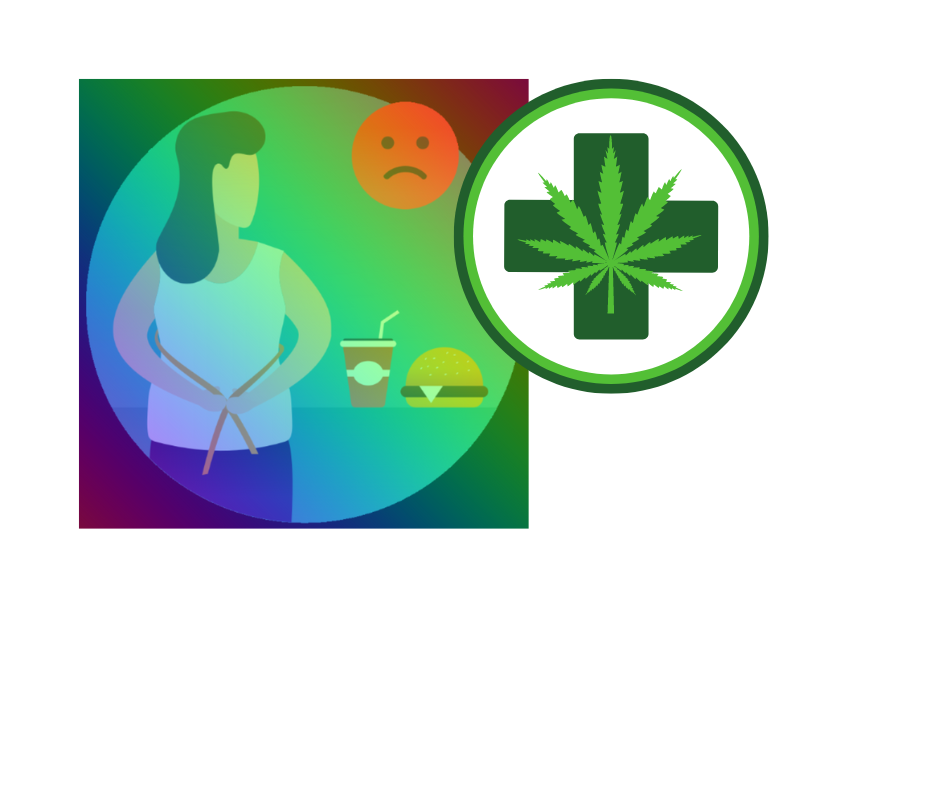
What is cannabis and CBD oil and how do they work to help with weight loss in menopause?
Cannabis from the cannabis plant and CBD from the hemp plant have 100’s of compounds that can address many many issues including helping with weight loss. Since there are so many reasons a person may gain weight, we are just going to focus on menopausal issues at this point. You have to consider what is the major issue you have that is contributing to weight gain other than possible lifestyle choices?
In menopause, do you struggle with hotflashes or poor sleep? Cannabis and CBD can address these areas so starting with the one you deal with most makes the most sense. BUT….the two issues go hand in hand. Let’s say you can’t sleep because of hot flashes. You need to control the hot flashes, so you can get a good night’s sleep. What if you controlled your sleep and the hot flashes didn’t bother you so much because you are sleeping better? And, even better, what if the hotflashes improved because you are sleeping better? Or what if the hotflashes improved because you are using cannabis or cbd and your endocannabinoid tone is improving resulting in decreased hotflashes?
These compounds, unlike conventional medications (which usually have only one target), work by improving endocannabinoid tone. When you have an imbalance in your body, be it hormones, sleep, depression, or anxiety your endocannabinoid system attempts to maintain balance but can become imbalanced.
The endocannabinoid system regulates appetite, fat burning and weight gain. Anandamide and 2-AG (our endocannabinoids) are produced by fat cells, controlled by leptin and insulin and stimulate fat burning via CB1 receptors. (More than one target)
A protein discovered in 2006 called the GPR-119 binds to our endocannabinoid, Anandamide, and is found in the GI tract, pancreas and brain. Once that protein is activated, it helps by allowing a reduction in food intake and subsequently, body weight. Scientists are trying to develop a cannabis medication for this purpose.
Aside from using THC/cannabis or CBD for weight loss there is one of the compounds that his gaining a lot of traction for helping curb appetite and resulting in weight loss and that is THCV. Tetrahydrocannabivarin (THCV) It is being studied as a treatment for obesity and diabetes due to its effects on decreasing food intake and increasing energy expenditure.(from Healer.com)
How to use cannabis or CBD
First, how do you decide how to use cannabis or CBD. There are options such as inhalation, ingestion or topical applications.
- Smoking or vaping: inhalation of cannabis results in a pretty immediate effect. You feel it within 15 minutes or so. You should use caution though as it can be rough on the respiratory tract. It’s also not discreet, so you can’t use it this way whenever you want, like at work.
- Onset: within 5 min
- Peaks: 15-30 min
- Duration: ~ 2 hours
- Edibles: this category includes gummies, chocolates, cookies, toast, food in general. You can use an infused butter or coconut oil to add to smoothies or spread on toast or banana bread hot out of the oven. The biggest issue with edibles is the slow onset of action. So don’t use more until you know for sure how you are going to be affected.
- Onset: 30-90 minutes
- Peaks: 2-6 hours
- Duration: 4-8 hours which makes it perfect for bedtime use
- Sublinguals: unlike edibles, this method of consumption bypasses the digestive tract. Sublinguals are tinctures, sprays, oils that are placed under the tongue and held there for as long as possible. They are immediately absorbed into the blood stream so
- Onset: 15-30 min
- Peaks: 45 minutes
- Duration: 1-4 hours
- Topicals: lotions, patches, oils, sprays, soaps, bath bombs - anything that you apply to the skin
- Onset: within minutes
- Peaks: 10 minutes
- Duration: up to hours
- Suppositories: when used vaginally, these can help with lubrication and orgasm and when used rectally you can take high doses of THC and never feel the euphoric affects
To summarize: using cannabis will help your endocannabinoid tone resulting in better balance and decrease in hot flashes, improved sleep and weight loss.
Giving specific dosing recommendations is beyond the scope of this blog but is part of the coaching process. So if that is something that interests you, please book an appointment and let's work together.
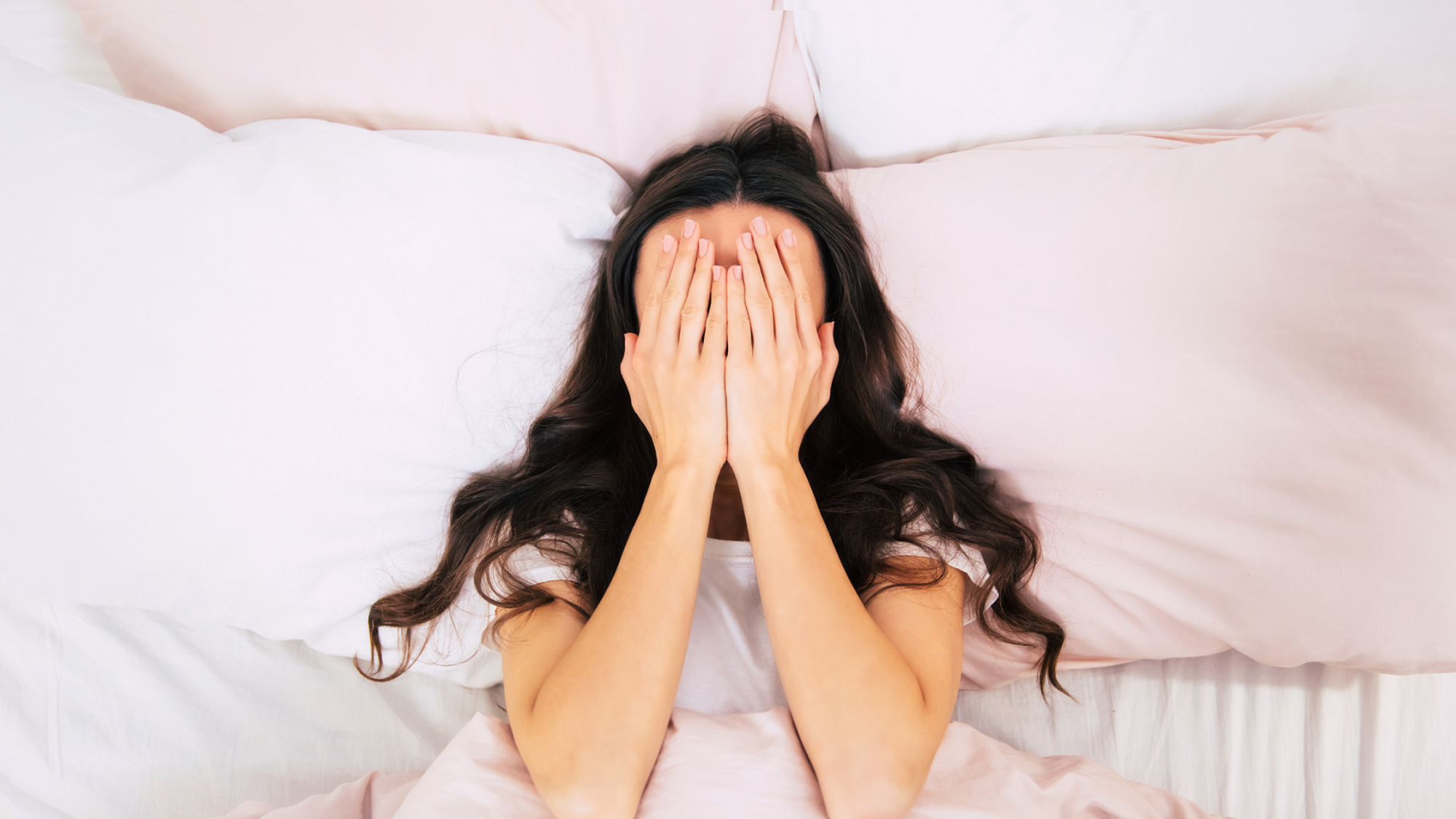
Insomnia can be frustrating and debilitating. Learn more about the symptoms, causes, and treatment options available to you
What is insomnia and what are the symptoms?
Insomnia is a common sleep disorder that can make it hard to fall asleep, stay asleep, or both. Individuals with insomnia often feel tired during the day and may have trouble concentrating or staying awake.
There are two main types of insomnia: primary and secondary.
- Primary insomnia is not caused by another health condition and typically lasts for a short period of time.
- Secondary insomnia is caused by another health condition, such as stress, anxiety, pain or shifting hormones due to menopause
Symptoms of insomnia can vary from person to person, but may include:
- trouble falling asleep
- waking up frequently during the night
- waking up early in the morning
- feeling unrested after a night of sleep.
Treatment for insomnia typically includes lifestyle changes and relaxation techniques. In some cases, medication may be prescribed. Typical conventional medications that are referred to as “Z-drugs” include ambien, Lunesta, or restoril. These drugs are indicated for short term treatment of insomnia. You may have heard stories of people driving or eating in bed when on these drugs. You typically don’t remember what you did while taking these drugs. They are not safe for long term use.
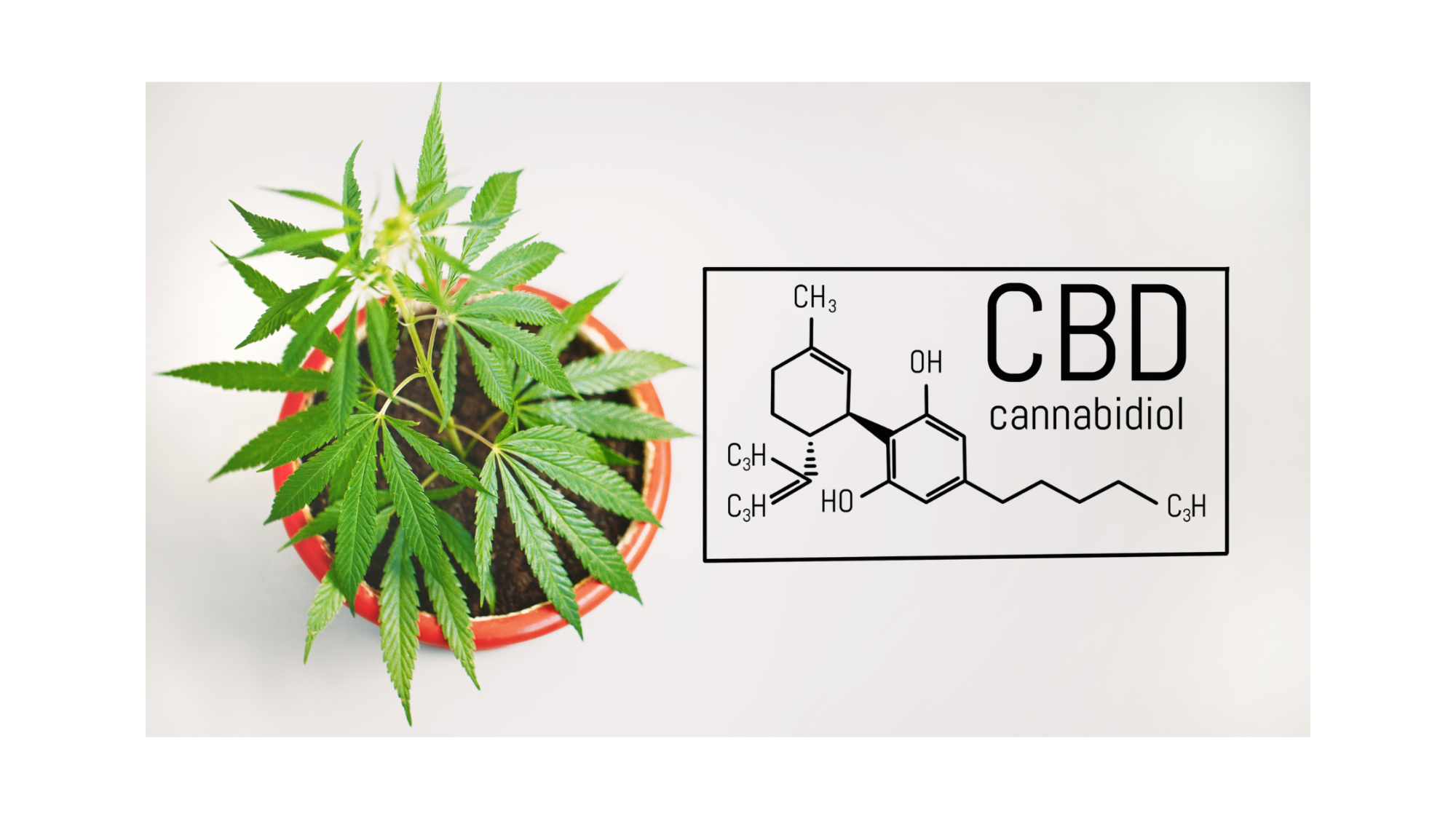
How cannabis and CBD can help fight insomnia
For many people, the word "cannabis" conjures up images of couch-locked stoners munching on Doritos and watching Netflix. But there's another side to cannabis that's gaining popularity among people who are looking for natural ways to combat insomnia.
- CBD, or cannabidiol, is a non-psychoactive compound found in cannabis that has been shown to help with sleep.
- THC, or tetrahydrocannabinol, is the psychoactive compound that gets people high, but it can also help with sleep.
- Research has shown that both CBD and THC can be effective at treating insomnia. CBD is thought to work by reducing anxiety and promoting relaxation, while THC may help to increase drowsiness and reduce REM sleep as it binds to receptors in the brain that are responsible for inducing sleep.

The different ways to consume cannabis and CBD for sleep and the benefits of using plant medicine
There are many different ways to consume cannabis and CBD for sleep. CBD can be taken in pill form, as a tincture, or inhaled as vapor. THC can be smoked, eaten, or vaporized. And both can be used topically in the form of lotions or oils. There are even CBD bath bombs!
So which method is best? It really depends on the individual. Some people find that smoking or vaporizing THC helps them to fall asleep quickly and get a good night's rest. Others find that consuming CBD in pill form gives them the most consistent results. And still others find that using a topical CBD oil before bedtime helps to quiet their minds and ease them into a deep slumber. No matter how you choose to consume cannabis and CBD for sleep, make sure that you start with a low dose and increase slowly over time to find the perfect amount for you.
Both THC and CBD are effective at treating insomnia, and they can also help to improve the quality of your sleep. In addition, CBD is non-addictive and does not produce the same side effects as other sleep medications. If you're looking for a natural way to improve your sleep, cannabis and CBD may be worth considering.
How to find the right cannabis or CBD product for you
Trying to find the right cannabis or CBD product can feel like a daunting task. With so many different products on the market, it can be hard to know where to start. However, there are a few key factors that can help you narrow down your options and find the perfect product for your needs.
- First, consider what you want to use the cannabis or CBD for. Are you looking for relief from pain or anxiety because that is what interferes with your sleep? Are you struggling with hot flashes that cause you to wake several times a night? Once you know what you want to use it for, you can begin to narrow down your options.
- Next, take into account your preferred method of consumption. Do you want to smoke or vape? Or would you prefer to take a capsule or tincture?
- Finally, consider your budget. With so many different products on the market, there is sure to be something that fits your needs and budget. By taking these factors into account, you can be sure to find the perfect cannabis or CBD product for you.
So How Did that woman ditch her meds for cannabis?
I am that woman. I have had sleepless nights for years and years. It started with early onset menopause at age 36. I would have flashes at night and have to toss the covers back to cool off. Then the hormones shifting all around caused anxiety and restlessness and relationship issues. I would just lay there and my brain wouldn't shut down and sleep wouldn't come. Out of desperation, I finally saw my provider who gave me Ambien. Wonder drug!!!!!! I slept so good! Trouble is, I wouldn't remember anything at all the next day. Then I heard stories of people driving around on Ambien and nothing good comes out of that. I also heard stories of people eating and not remembering. The only evidence would be the chips all over the bed or half-eaten peanut butter sandwich smashed into the pillow. I didn't want that for me but I was literally terrified to not have it. I just kept going back to my provider for refills. Finally I decided enough was enough!!! I weaned off using essential oils like lavender and rutavala. And then I found cannabis! It has taken a minute to get the right dose but I have found what works! My sleep app proves it! I am so happy when I see that I only woke 1 time (had to pee) and was restless for only 10 minutes! It varies, obviously, but for the most part, I sleep like a baby with my cannabis and essential oils.
So how about you? Would you like someone to hold your hand and help you get a good night's sleep? Reach out if you would like that. I'm here to help!
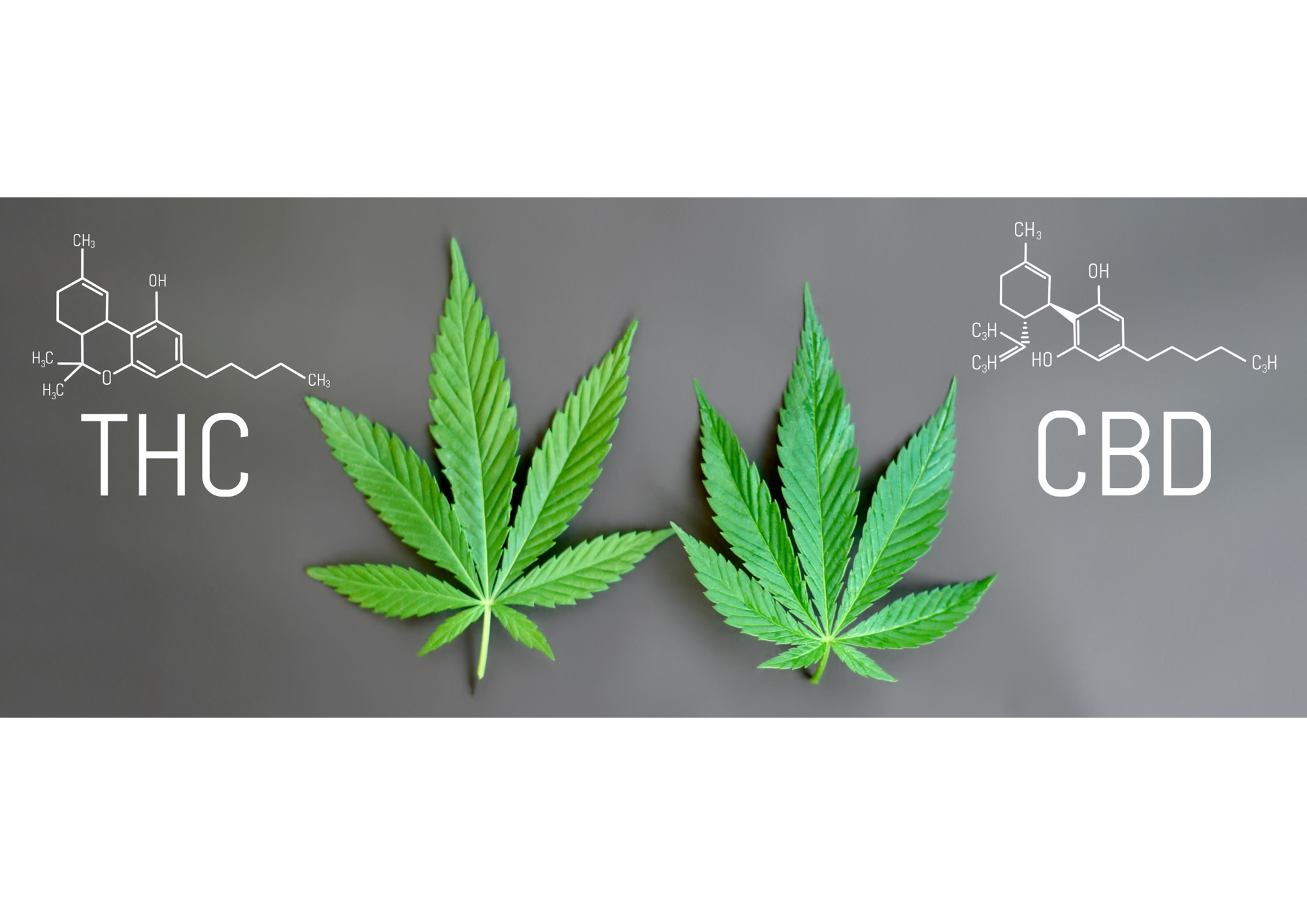
What is cannabis and CBD oil, and what are their benefits for focus and attention span?
Cannabis is a plant known as dioecious (male and female) that is made up of more than 500 different chemical compounds that all work together in balance with one another. These compounds are biologically active and consist of phytocannabinoids, terpenoids and flavonoids. These chemical compounds result in different effects as they interact with the brain and body chemistry. CBD is in the cannabis plant along with other forms of CBD but it is primarily derived from the Hemp plant. Hemp is the male form of cannabis and has very little THC which is the psychoactive component of cannabis. Hemp is the industrial form of cannabis and became legal with the Farm Bill of 2014. The issue with industrial hemp CBD is that it is unregulated and is not as effective as medicine as the CBD from the cannabis plant. Just "buyer beware" if you are getting your CBD from the corner gas station!
When a person has ADHD, there is a dysfunction in the neurotransmitters dopamine, serotonin and norepinephrine. Each of these transmitters and the subsequent deficiency of them will result in the presentation of ADHD. There are 3 types:
- Predominately inattentive - norepinephrine helps with alertness, attention and memory. A deficit of norephinephrine will result in inattentiveness (ie., daydreaming, squirrel moments, etc)
- Predominantly hyperactive-impulsivity - dopamine deficiency is the problem here as it sends the brain messages to plan, problem-solve and pay attention
- Combined - all of the above and serotonin deficiency which would be seen as a loss of impulse control and aggression (think wide range of mood swings)
A person with ADHD may have problems regulating attention, emotions, impulsiveness and control of activity. It can present in childhood or as an adult and can actually change from one presentation to another. There may also be other issues like anxiety, depression and substance use disorders.
CBD and Cannabis can be a benefit to the adult with ADHD as it is addressing an endocannabinoid deficiency. There is evidence that one of the endocannabinoids, Ananadamide, is inadequately broken down leading to deficiency so using the phytocannabinoids of THC and CBD helps with regulation of the neurotransmitters serotonin, dopamine and norepinephrine and reverses endocannabinoid deficiency.
Another benefit of using plant medicine instead of stimulant prescription meds is you won't experience the jitters you can get with the stimulant approach.

How to use Cannabis or CBD oil to improve focus and concentration
This is not a one size fits all formula. People are different, neurotransmitters are affected differently from person to person, and there may or may not be an endocannabinoid deficiency. The other thing to consider is if you are in menopause, you have less estrogen which would normally help regulate dopamine.
As with any CBD or cannabis use starting low and going slow is the best advise.
- Microdoses under 2.5 mg of THC or equal portions of THC and CBD in the same microdose is best to start.
- Drops of oil under the tongue are readily absorbed and have a fairly quick onset of action.
- If you choose an edible - realize this will take 1-3 hours to take effect so it's really not recommended to address issues with focus.
- smoking or vaporizing (dry herb vaporizer please) is easiest to titrate (increase the effective dose) but take care not to use too much
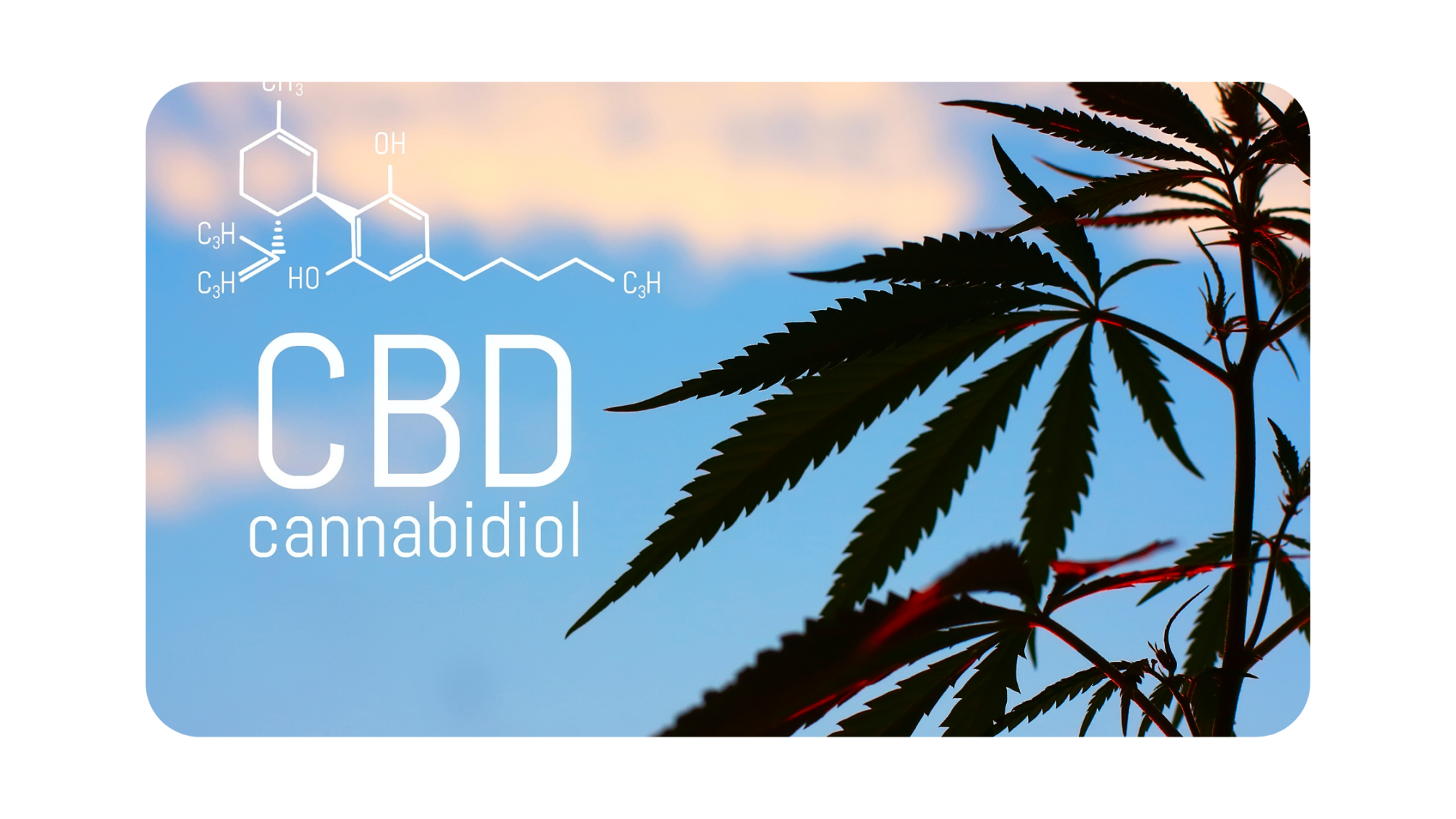
The potential risks associated with using cannabis or CBD oil for focus
The biggest concern is using too much! Or, if you choose the wrong chemovar you may actually end up napping instead of completing a task.
Which type of cannabis or CBD oil is best for improving
focus?
- There are two varieties of cannabis plants and you can tell the difference by leaf size and plant size. Narrow leafed plants are known as sativa and these plants are the varieties that will help with focus.
- Look for terpenes like pinene or beta-caryophyllene and low amounts (<0.5%) myrcene
- if you feel hyperactive terpenes like linalool or a little higher dose of myrcene will help with calming
- Pure CBD from a reputable company like Rare Cannabinoids or Nuvita can help with concentration. If you want to try Rare Cannabinoids, I can help you with that.
- specific chemovars to consider: Cookies, Blue Dream, Neville's Haze all at low doses
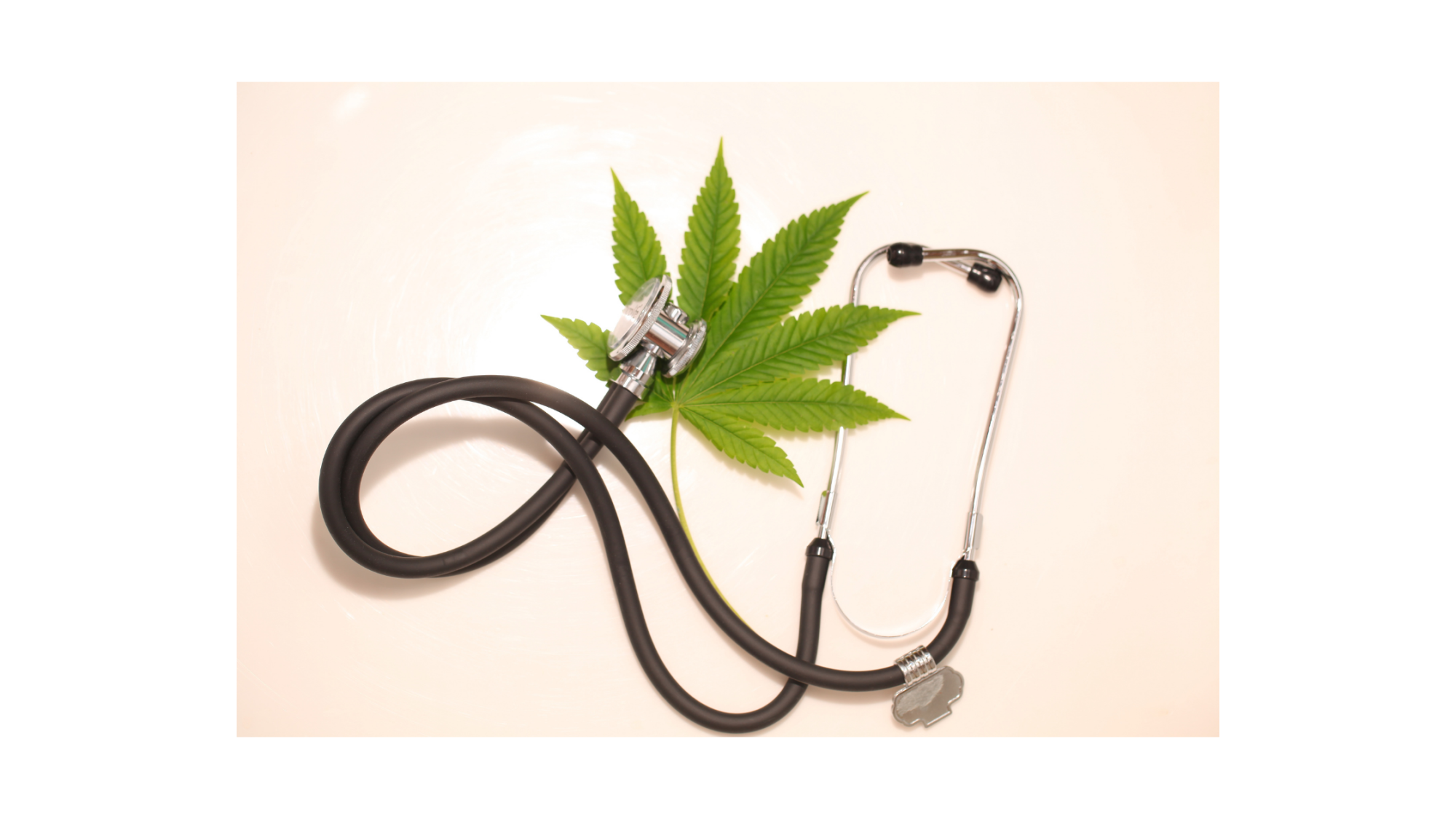
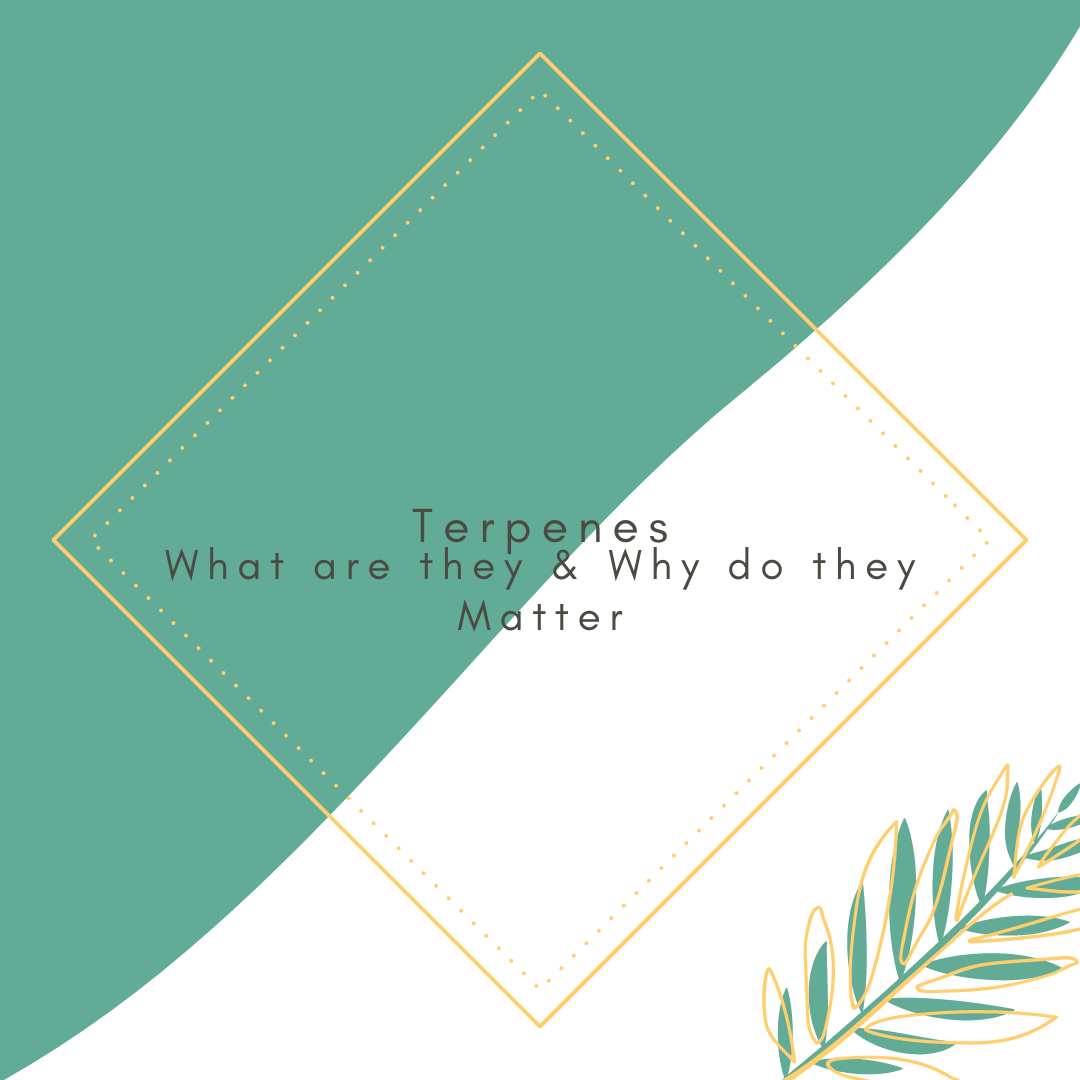
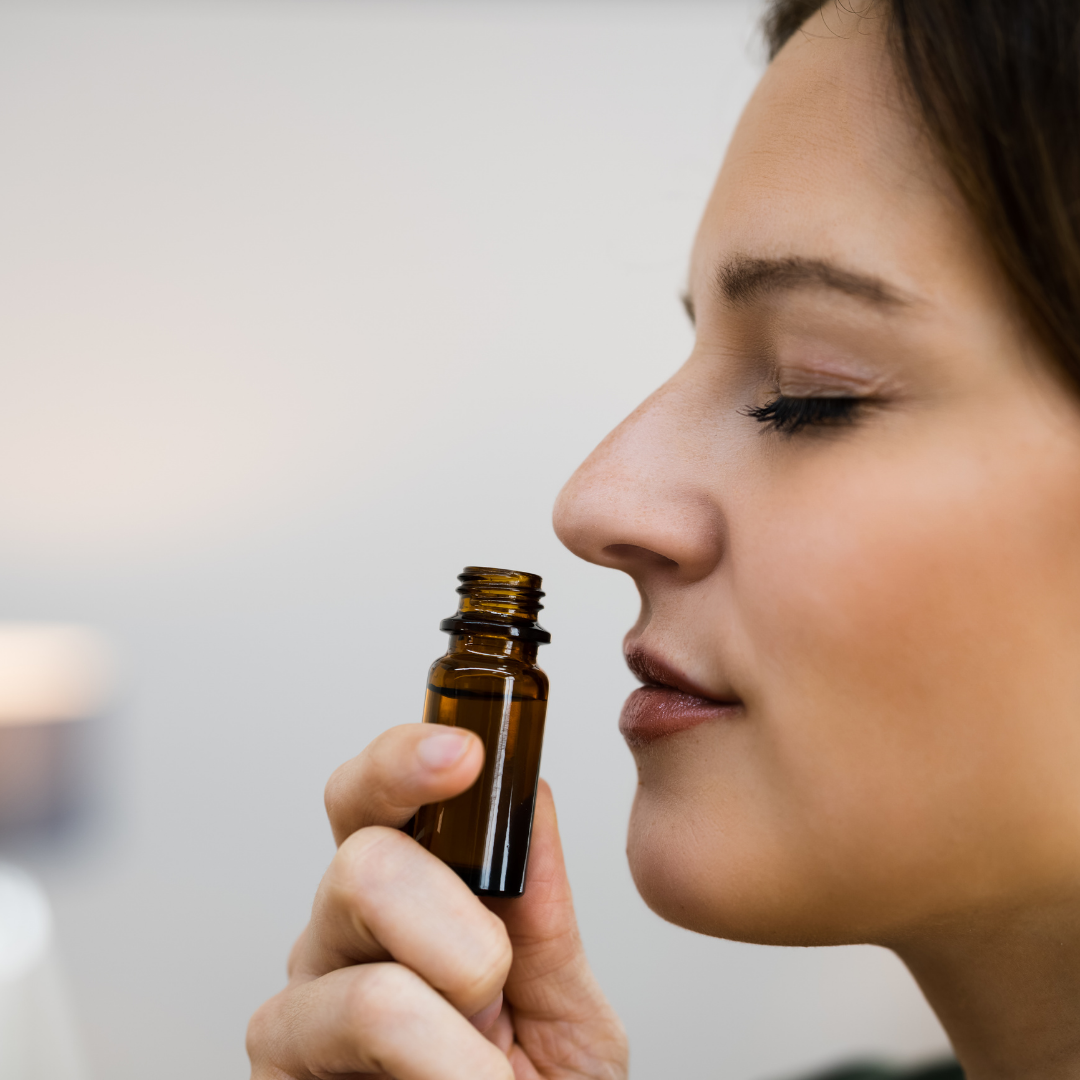
What Are Terpenes & Why Do They Matter?
Terpenes are aromatic molecules found in all plants. These essential oils give different plants their distinctive smells, and they also play a role in the plant's medicinal properties. In cannabis, terpenes work together with cannabinoids to create what's known as the "entourage effect." By understanding terpenes, you can better select strains or chemovars that will address your specific health concerns. Let's take a closer look at this important component of cannabis!
The Benefits of Terpenes for both Mind and Body
There are many different aspects of our health that we can improve by making simple changes to our lifestyle. For example, adding more exercise and fresh fruits and vegetables to our diet, or using natural remedies instead of prescription medications. Terpenes are one such natural remedy with a variety of potential benefits for both mind and body. Terpenes function as a defense mechanism against insects, bacteria, fungi and other plant predators. If you are an essential oil advocate, you use certain oils based on their terpene profile even if you didn’t know it. Terpenes interact with human cells, neurotransmitter receptors and other aspects of human physiology. Keep reading to learn more about terpenes and how they might be able to help you feel your best during menopause.
How to find the right terpene profile for you
Since each terpene has it’s own unique properties, it’s important to find the right one for you and what you are trying to address. There are many different terpenes that can be beneficial for menopause. Some of the most popular terpenes for this purpose include linalool, limonene, and myrcene. Each of these terpenes has its own unique set of benefits that can help to ease the symptoms of menopause. For example, linalool is known for its calming effects, while limonene is known for its anti-inflammatory properties. Myrcene, on the other hand, is a powerful antioxidant that can help to protect against free radicals. Ultimately, it is up to you to decide which terpene is right for you. However, it is always a good idea to speak with a doctor before using any type.
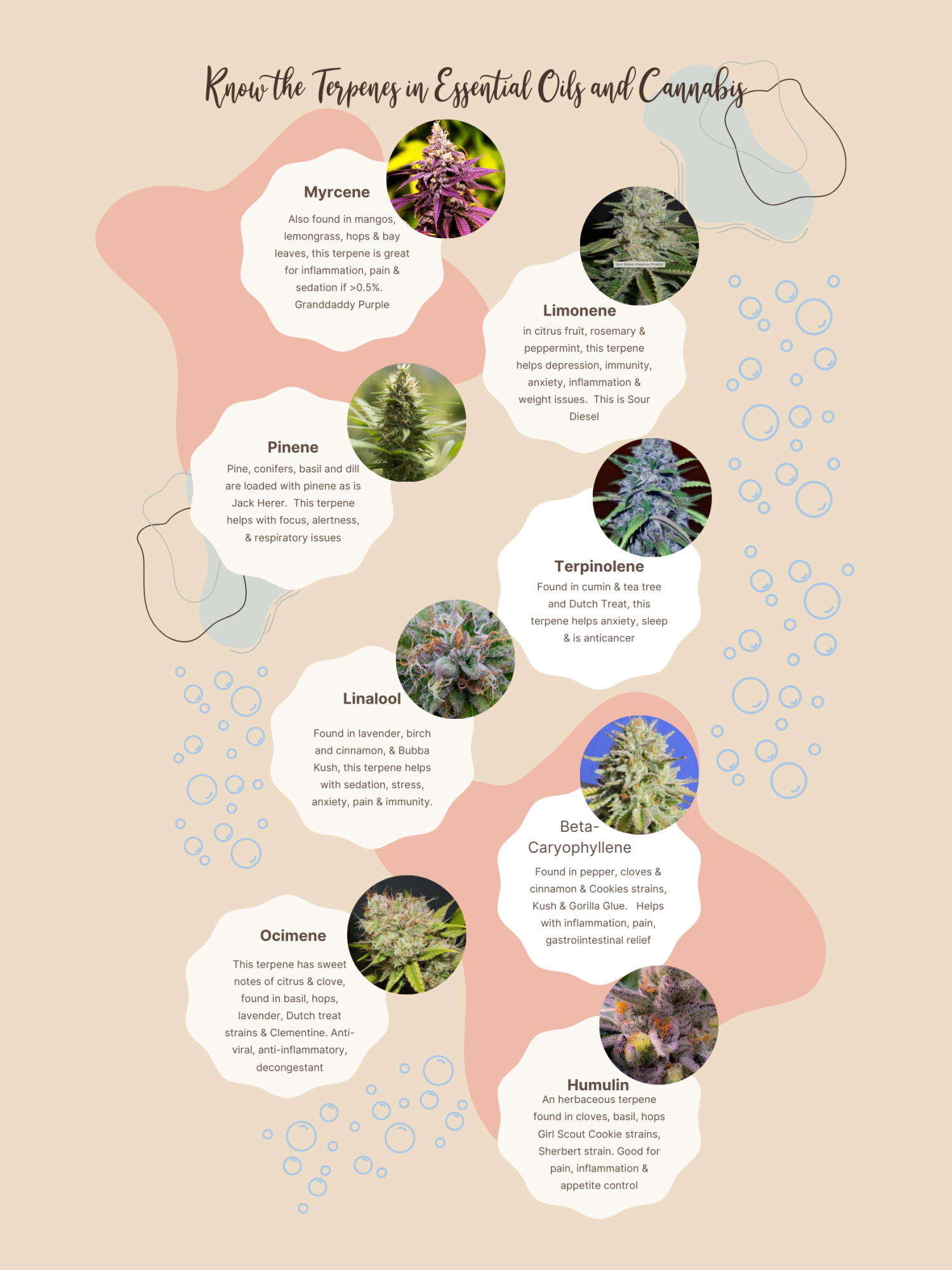
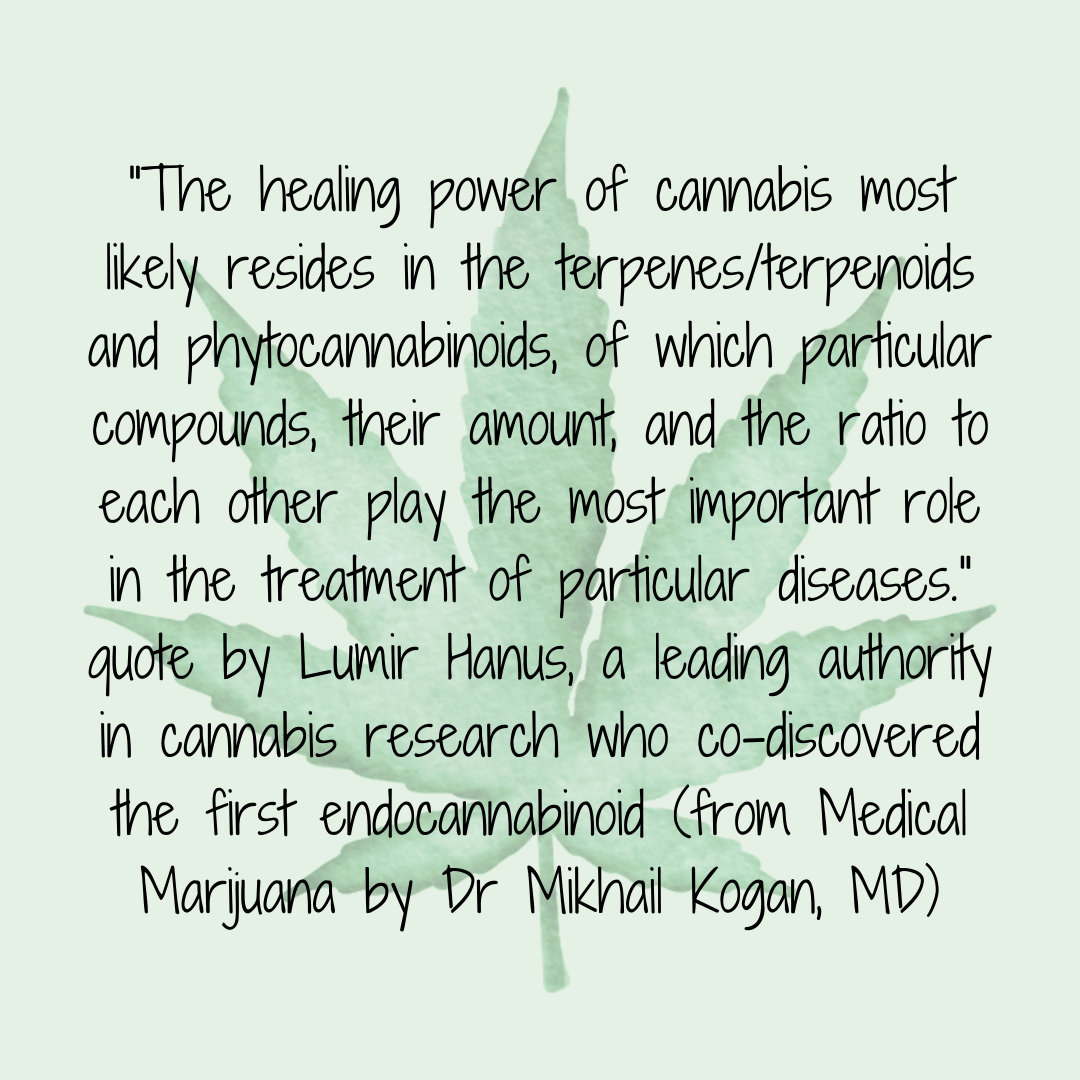
Cannabis Strains and Terpenes
With so many chemovars of cannabis to choose from, it can be tough to know where to start. However, the terpenes present in each variety can have a big impact on the effect you're looking for. For example, if you're struggling with chronic pain, linalool and pinene are two terpenes that can help alleviate those symptoms. You can find them in both essential oils and different cannabis chemovars. Some essential oils that contain these terpenes include lavender, bergamot, basil eucalyptus, balsam fir, frankincense, rosemary and clary sage. As for cannabis chemovars, options like Do-Si-Do's, Purple Kushh, Big Smooth and Purple Cream all have significant levels of linalool and pinene. So if you're looking for a natural way to manage chronic pain, these are some great options to consider.
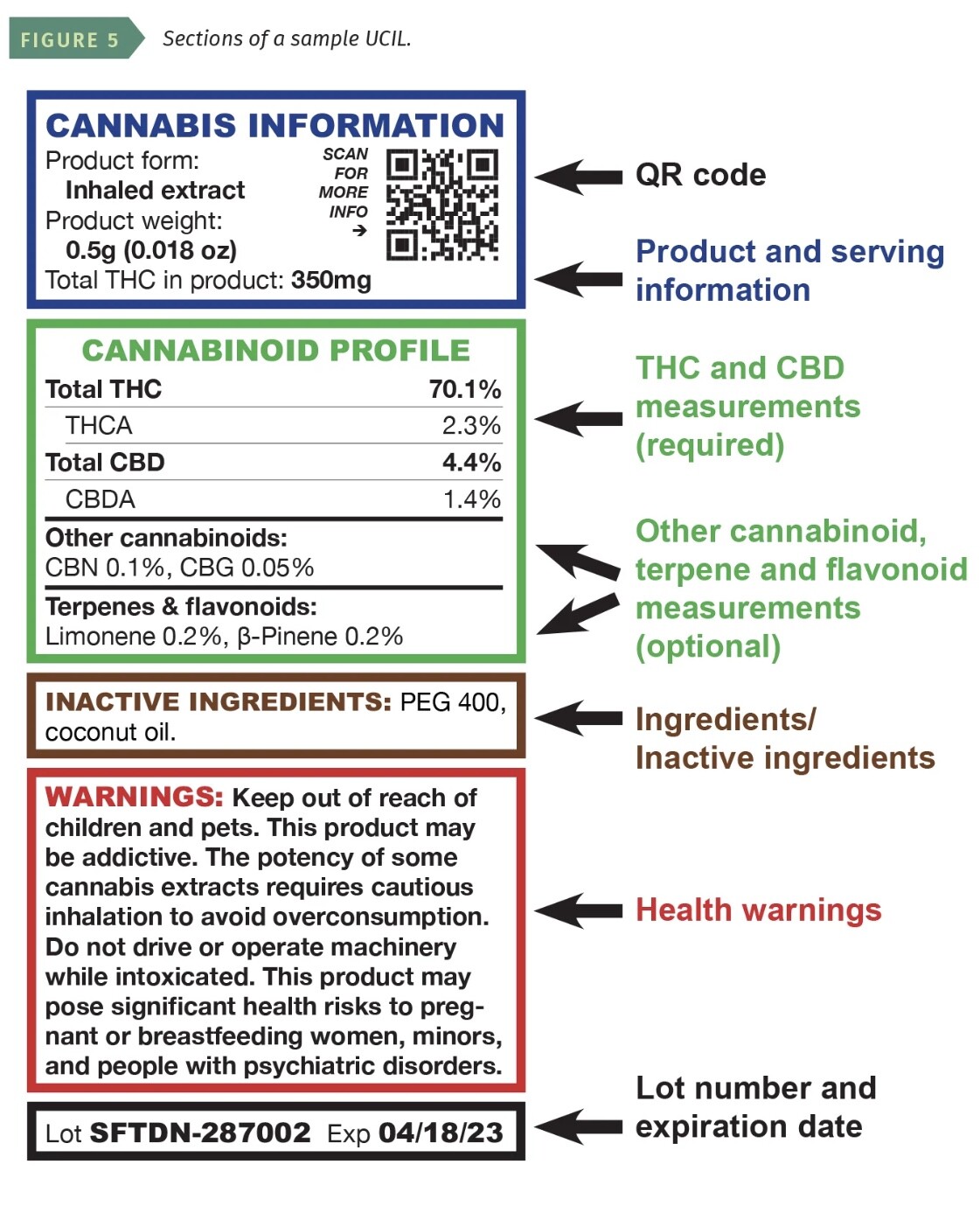
The future of Terpenes in the Cannabis Industry
If you've ever stepped into a dispensary and felt overwhelmed by the sheer variety of cannabis products on the shelves, you're not alone. With all of the different terms and labels, it can be tough to know what you're actually buying. But soon, there may be a universal label that will provide some much-needed clarity.
The Universal Cannabis Information Label (UCIL) is a proposed standard that would reveal the terpene and cannabinoid content of cannabis products. This would enable consumers to choose products based on the specific effects they're looking for. For example, if you want a product that is high in THC and low in CBD, you would be able to find that information quickly and easily. And if you are looking for a product with a higher % of linalool, you will be able to find it easier with this labeling.
The UCIL is still in the early stages of development, but it has the potential to revolutionize the cannabis industry. If implemented, it would create a more informed and empowered consumer base, which is always a good thing.
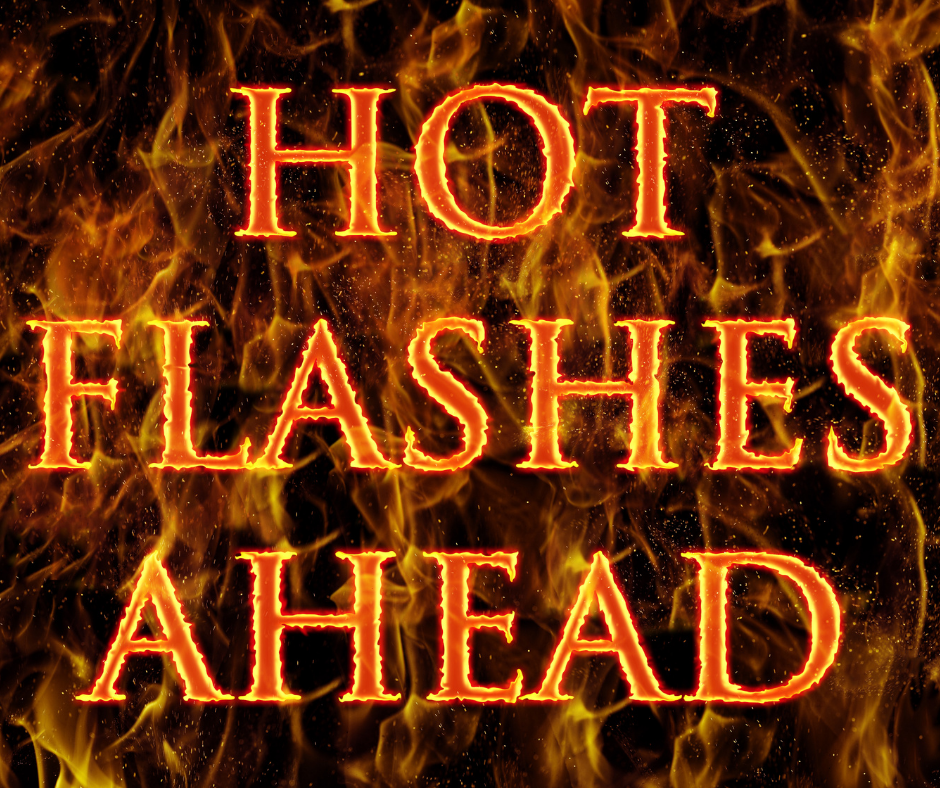
MENOPAUSE
We know that Menopause is a natural process that women go through, but for some it can be a real struggle. For those women, it's important to know that there are options out there for us. So, today I'm going to talk about the different options available. But first, what is menopause?
As defined by J Midlife Health. 2019 Jan-Mar; 10(1): 6–13. Hot flashes (HFs), defined as transient sensations of heat, sweating, flushing, anxiety, and chills lasting for 1–5 min, constitute one of the most common symptoms of menopause.
At least 85% of women in menopause will experience hot flashes also called vasomotor symptoms. 55% of women will start having hot flashes when they start experiencing a change in menstrual cycles. The intensity and frequency of hot flashes increase as the woman draws closer to the time when she is no longer having periods. Menopause is to go without a menstrual cycle for 1 calender year. Studies have shown that the average length of time a woman has hot flashes can range from 4 years to 7.4 years. But, 8% of women continue to experience HF for up to 20 years after menopause. YIKES!! I think that's me!
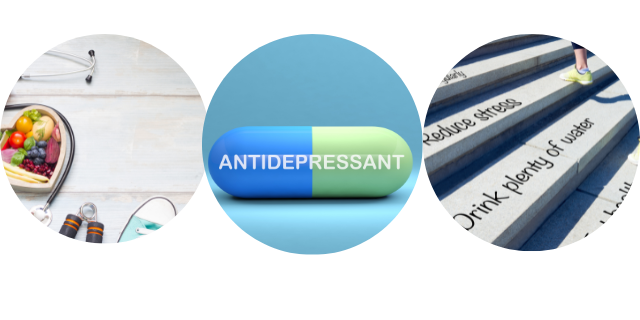
Options for Addressing Menopause Symptoms
If you're one of the many women struggling with hot flashes, you might be wondering what your choices are? If you do a quick Google search, you'll find that there are a few possible solutions, including
- hormone replacement therapy- There are risks with HRT though including risk for heart attack, stroke and cancer.
- Non-hormonal replacement therapy used for depression and anxiety. Not all women are candidates for these therapies because of other issues or because they don’t want to use synthetic solutions.
- Another option that we should all be doing anyway are lifestyle changes such as weight loss, healthy diet, avoiding sugar, tobacco and excessive alcohol and caffeine and dress in layers, carry around a little fan or a bottle of peppermint spray to spritz on your face and neck.
- There may be another option that you haven't considered: Cannabis. Yes! Cannabis can actually help to relieve menopausal symptoms like hot flashes. Cannabis works by interacting with the body's endocannabinoid system, which helps to regulate mood, pain, and inflammation. Cannabis is known to be helpful for managing stress and anxiety, both of which can trigger hot flashes. So if you're looking for an effective way to manage your hot flashes, cannabis may be worth considering.
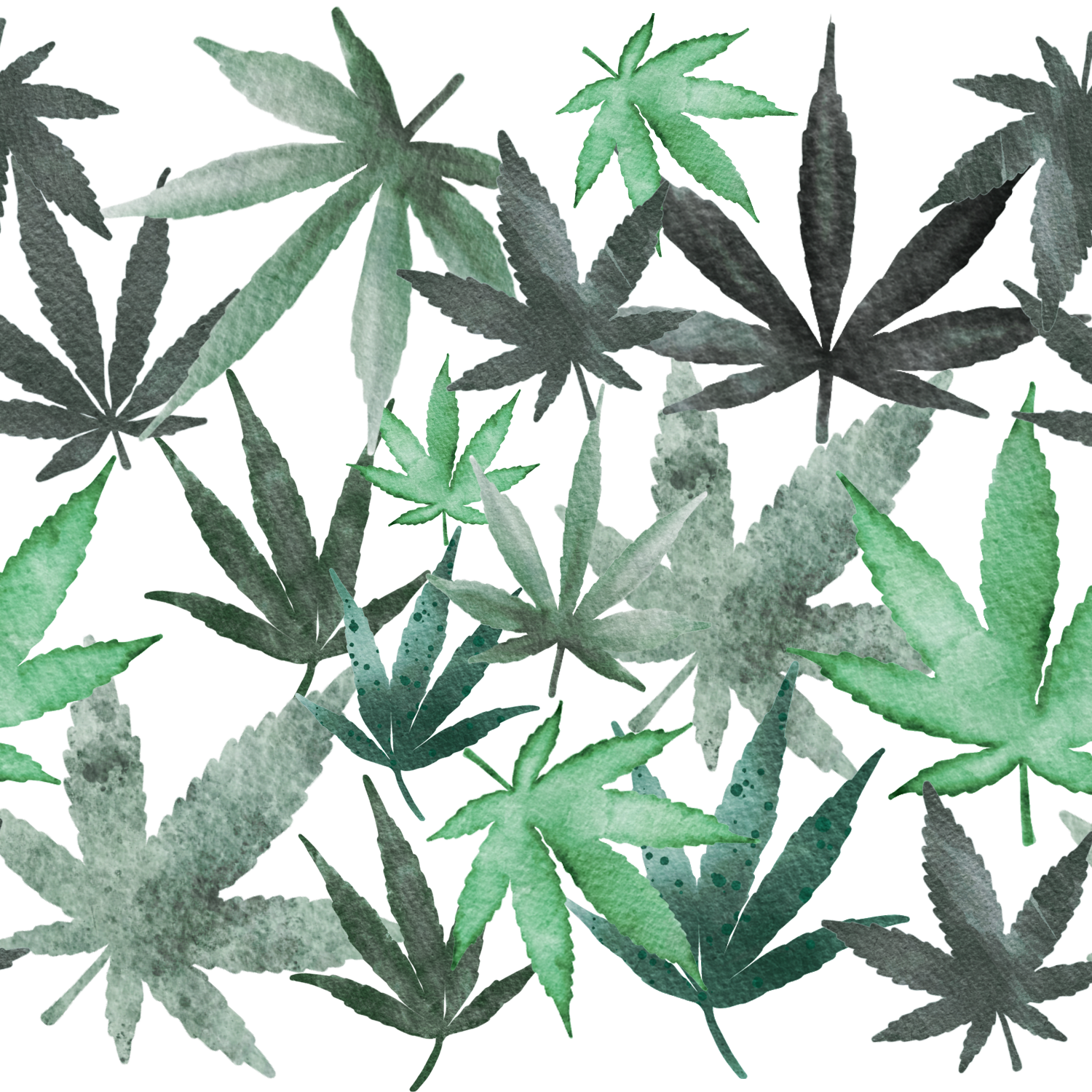
What is the Cannabis Trend?
A study from The University of Alberta, Canada that was reported in the North American Menopause Society was designed to determine if women use cannabis to help with menopausal symptoms or if they have considered using it. The study was designed to evaluate the rates and patterns of cannabis use and how effective it was perceived in managing symptoms during the menopause struggle.
1500 women were involved. 499 of them used cannabis and 75% used it for medical reasons. They more commonly used cannabis infused oils or edibles rather than smoking. They reported improvement in symptoms overall.
Midlife Women Veterans Health Survey in Northern California questioned 232 women (mean age, 55.95 y) where more than half reported such bothersome symptoms as hot flashes and night sweats, insomnia, and genitourinary symptoms. The results of the survey clearly show that more women are reaching for cannabis for relief rather than traditional therapies.
We do know that THC helps lower body temperature (it’s the ECS - endocannabinoid system that helps regulate thermal functions in the body) which can help with hot flashes. The mellowing effects of cannabis may help settle your mood and improve sleep, but everyone’s reaction may differ. “As with any medication, you will have responders and non-responders. But across the board, especially for sleep, we see great responses.” Michelle Sexton.
Some Fun History
The use of cannabis for women’s health dates as far back as the 7th century. In 1889, cannabis suppositories were used during menopause to treat “the well-known symptoms, the various reflexes, the excitement, the irritability, and and pain in the neck or the bladder, flashes of heat and cold!” The Merck Manual dated 1899 advises the use of cannabis Indica for climacteric disorders. It also advised having a change of air and scene! In other words, go on vacation!! The major pharmaceutical companies, Eli Lily, Parke-Davis (now Pfizer) and Squibb all sold cannabis as a powder, tablets and tincture at the turn of the century.
So What's Next?
It's no secret that cannabis is a powerfully effective drug, with many beneficial uses for the body and mind. And as women experience the uncomfortable symptoms of menopause, cannabis is becoming an incredibly appealing option for relief. One challenge of using cannabis for menopause, however, is navigating the confusing world of cannabis products and figuring out exactly what type of cannabis will give you the best results. Many times dispensary personnel aren’t trained and will recommend a product that won’t meet your needs. That's where a cannabis coach comes in. With expert knowledge about all things cannabis, a cannabis coach can help you find the perfect combination of CBD & THC to ease your symptoms and help you feel comfortable and confident using cannabis for menopause.
So don't wait - it's time to start using cannabis as medicine to help with your menopause symptoms today! Book an appointment with me STAT!!!
